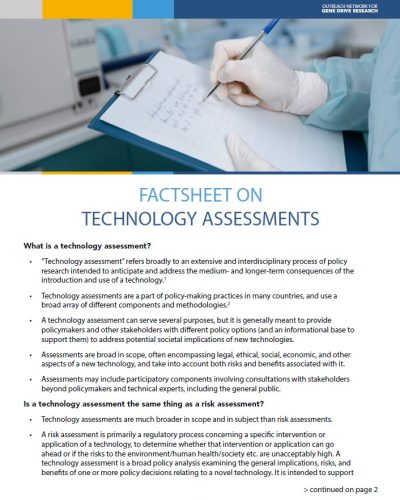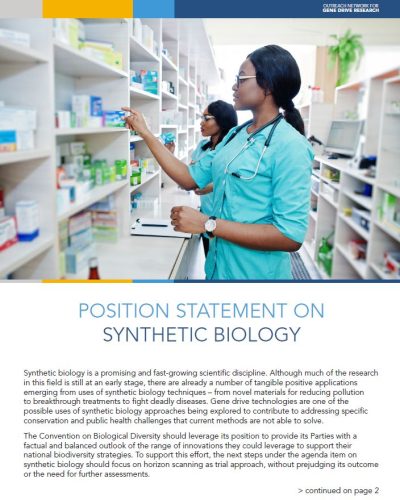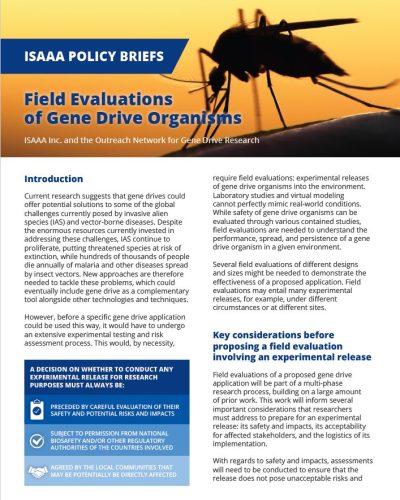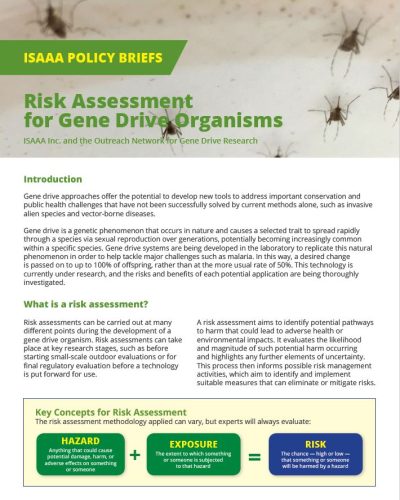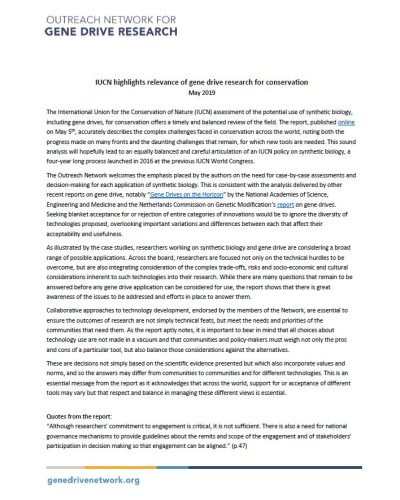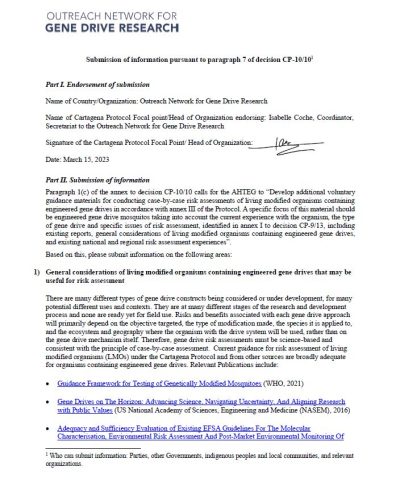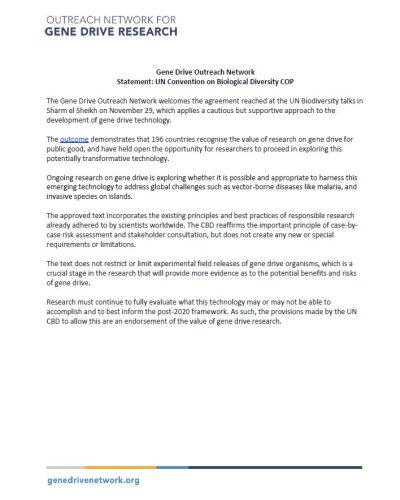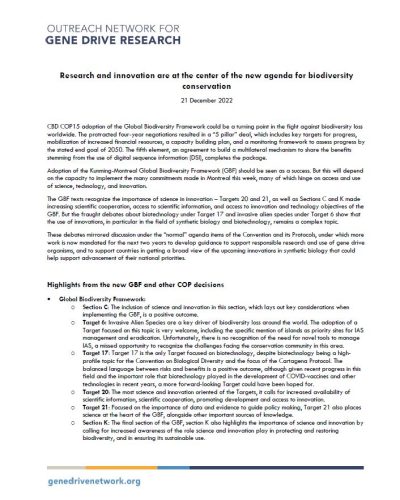¿Por qué es importante la investigación sobre impulsores genéticos?
Los impulsores genéticos podrían ofrecer estrategias complementarias, sostenibles y ampliables para controlar la transmisión de enfermedades vectoriales y la población de especies exóticas invasoras que amenazan los ecosistemas autóctonos. Tanto las enfermedades transmitidas por vectores como las especies exóticas invasoras son problemas complejos que las estrategias y herramientas existentes no han podido abordar plenamente hasta la fecha. Su carga para la sociedad es enorme en términos de costes sanitarios, económicos y sociales, lo que subraya la necesidad crítica de investigar enfoques novedosos.
17%
of the estimated global burden of communicable diseases are major vector-borne diseases.

700
THOUSAND
lives are claimed by vector-borne diseases every year.

$12B
is estimated to be spent on malaria direct costs per year.

5%
of the earth’s land surface is covered by islands yet they are home to nearly half of all endangered species.

60%
of recorded extinctions worldwide and 90% of recorded extinctions on islands are associated with invasive alien species.

$423B
is the estimated annual economic cost of invasive alien species.
Resources








